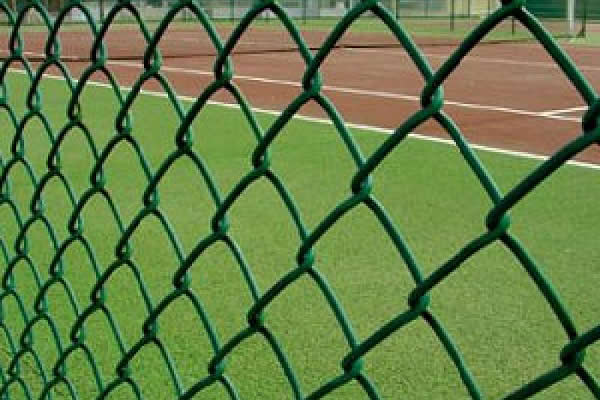 TEL:
+86-13102802206
TEL:
+86-13102802206
 Email:
fencenetting@china.com
Email:
fencenetting@china.com
 Language
Language
 TEL:
+86-13102802206
TEL:
+86-13102802206
 Email:
fencenetting@china.com
Email:
fencenetting@china.com
 Language
Language


The Rising Demand for Temporary Fencing Businesses
In today's fast-paced world, safety and security are paramount for numerous industries, leading to a burgeoning demand for temporary fencing solutions. A temporary fencing business has emerged as an essential service in a variety of sectors, including construction, event management, and sporting events. As urban development and outdoor activities continue to expand, the need for effective barrier systems becomes increasingly crucial.
Understanding Temporary Fencing
Temporary fencing refers to any type of barrier that is non-permanent and can be easily set up and dismantled. It is typically made from materials like chain link, wooden panels, or plastic mesh. Its primary purpose is to establish boundaries, protect the public, and secure valuable assets. This fencing is particularly useful at construction sites, public events, and festivals, where safety is of utmost importance.
One of the key advantages of temporary fencing is its adaptability. Businesses can choose various styles and sizes to meet their specific needs. For instance, construction companies may require high, sturdy fencing to secure their site, while outdoor festivals might opt for lower, decorative options to maintain aesthetics while ensuring safety.
Market Scope and Opportunities
The market potential for temporary fencing is vast and varied, driven by increasing construction activities and the rising number of public events. The global construction market is projected to grow significantly, resulting in a greater need for temporary fencing solutions to secure sites and ensure public safety. Additionally, the rise of music festivals, trade shows, and outdoor sporting events creates a continuous demand for flexible and reliable fencing solutions that can be set up and taken down quickly.
The temporary fencing business is not only lucrative in terms of demand but also offers opportunities for innovation. Companies can differentiate themselves by providing customized solutions, such as branded fencing for events or eco-friendly materials for environmentally-conscious clients. Furthermore, integrating technology, like smart fencing systems that utilize sensors and alarms, can attract tech-savvy customers looking for enhanced security features.

Challenges in the Temporary Fencing Business
While the prospects for the temporary fencing business are promising, there are also challenges to consider. Competition in this sector can be intense, as many small and medium-sized enterprises vie for market share. To stand out, businesses must focus on quality, reliability, and excellent customer service. Establishing a strong brand presence through effective marketing strategies can help in gaining a competitive edge.
Moreover, businesses must remain compliant with local regulations regarding fencing installations. This involves understanding safety requirements, zoning laws, and obtaining necessary permits. Failure to comply can result in fines or forced removal of fencing, which can adversely affect business operations.
Sustainability and Future Trends
As the world becomes more environmentally conscious, the temporary fencing industry is also seeing a shift towards sustainability. Companies are increasingly sourcing materials that are recyclable and reducing waste in their operations. Offering eco-friendly fencing options can attract customers who prioritize sustainability and are willing to pay a premium for greener solutions.
Looking ahead, the integration of technology is likely to revolutionize the temporary fencing industry. Innovations such as portable fencing that incorporates solar lighting, integrated security systems, or even drones for monitoring purposes could enhance the appeal of temporary fences. Adapting to these trends ensures that businesses remain relevant and competitive in an evolving marketplace.
Conclusion
The temporary fencing business is positioned for growth as safety concerns rise across various industries. By providing versatile, reliable, and innovative solutions, companies can capitalize on the increasing demand for temporary fencing. Emphasizing quality service, eco-friendliness, and technological advancements will not only address current market needs but also prepare businesses for a sustainable and profitable future. As society continues to expand and evolve, the role of the temporary fencing business will undoubtedly become more significant, opening doors for those willing to invest in this promising venture.